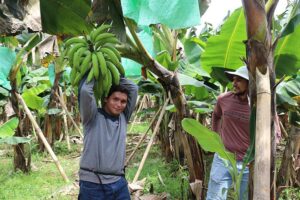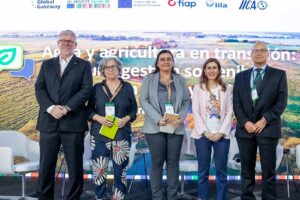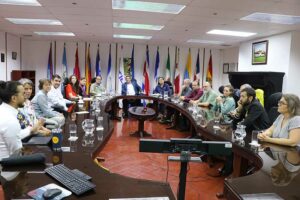Chocolate tasting course at CATIE opens doors for new research partnerships
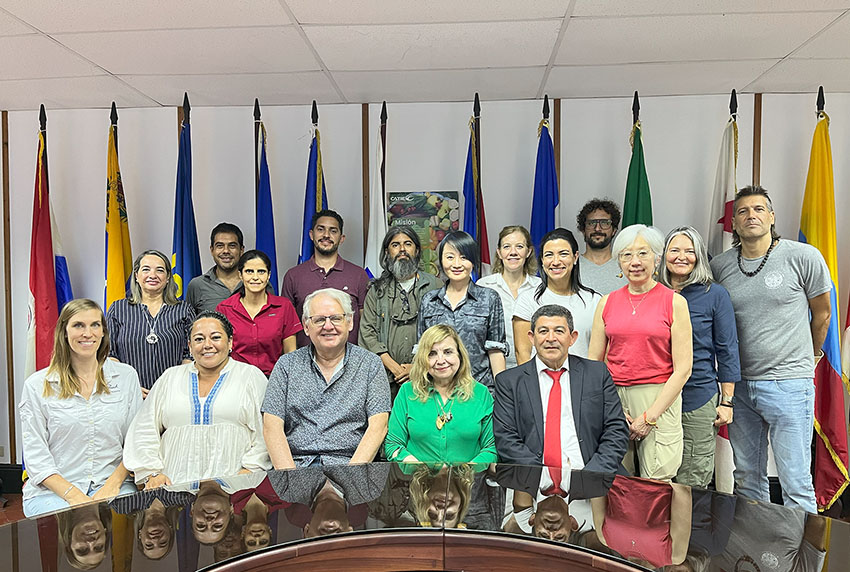
- CATIE celebrates its 80st anniversary with a course that promotes research on the genetic quality of cocoa
CATIE (Centro Agronómico Tropical de Investigación y Enseñanza) hosted the first advanced Level 3 course in Chocolate Tasting, held in Costa Rica from May 18 to 24.
This event, organized by CATIE's Cocoa Breeding Unit in collaboration with the International Institute of Chocolate and Cacao Tasting (IICT), offered participants from different countries an immersive experience in CATIE's International Cocoa Collection.
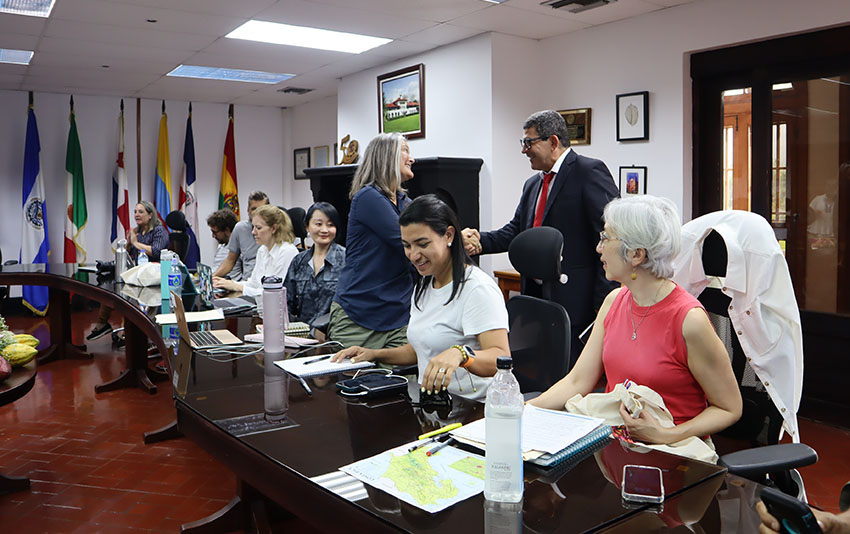
It also opened the door to new partnerships that will allow research into the genetic quality of this valuable germplasm bank.
Adriana Arciniegas, CATIE researcher, highlighted the importance of this type of training, which provides opportunities to establish collaborations and develop new lines of research at CATIE's Coffee and Cocoa Agroforestry and Genetic Improvement Unit.
For 80 years, CATIE has maintained a collection containing more than 1,235 cocoa accessions from 25 countries, which is in the public domain with the support of the Food and Agriculture Organization of the United Nations (FAO). The main collection is located at La Montaña farm, in Turrialba, at 600 meters above sea level; and its replica is at La Lola farm, in Batán, at 40 meters above sea level.
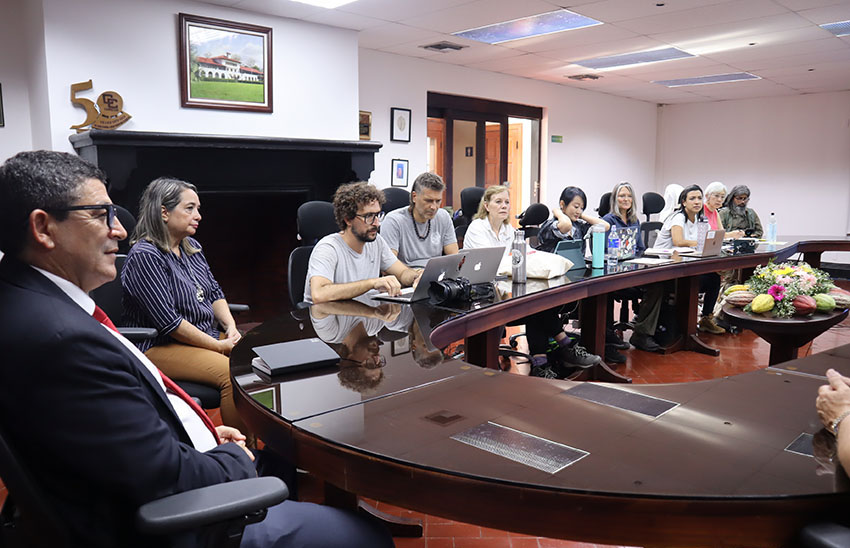
CATIE's Genetic Improvement Unit has made efforts in the conservation of cocoa culture in the region, as well as in the distribution and exchange of tropical crop germplasm.
Cocoa Collection: a treasure trove of resistant and productive clones
During the course, the students, guided by Dr. Maricel E. Presilla, co-founder and director of the Americas for the International Chocolate Awards and owner of Gran Cacao, learned advanced techniques for tasting chocolate from unique origins.
Presilla chose CATIE to host this course because of its reputation as a world-class cocoa research center and for housing one of the most important germplasm banks in the world.
CATIE's collection includes materials from more than 20 countries, including Peru, Ecuador, Colombia, Brazil, Mexico, French Guiana, Papua New Guinea, Indonesia, Ghana, Cameroon, Trinidad and Tobago, Malaysia, Belize and Honduras.
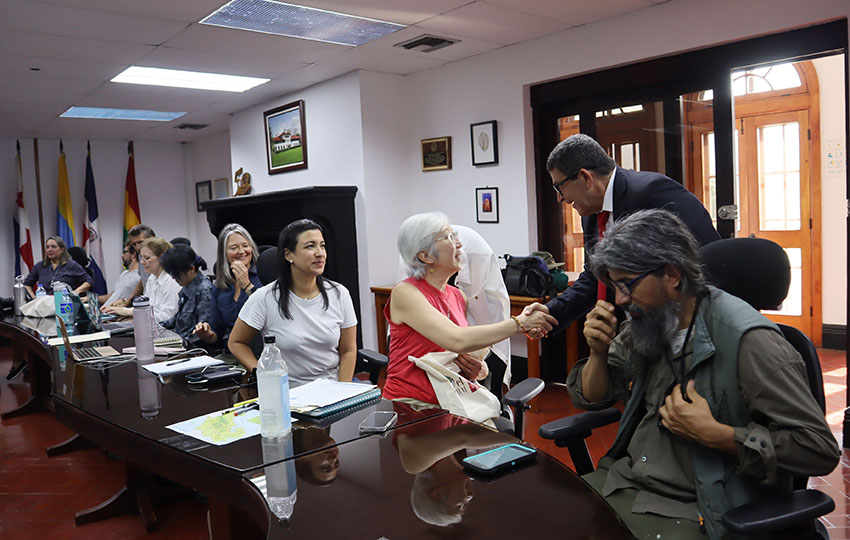
Course participants experienced a sensory experience designed to hone their tasting skills and understand the impact of cocoa genetics, agricultural practices, and fermentation and drying processes on chocolate flavor.
“It is important for my students to understand the genetic richness of cocoa and what is being done in Costa Rica, which is unique. They are working with clones that are resistant to monilia and very productive, which can help small farmers,” explained Presilla.
They also visited farms that combine sustainable agroforestry practices with innovations in fermentation and drying, and chocolate factories of various scales that have CATIE clones, which are revitalizing the fine chocolate industry in Costa Rica.
Dr. Elsa Hegmann, project manager of Rausch Tres Equis Finca de Cacao, described CATIE's International Cocoa Collection as “a treasure” that ensures the genetic diversity of the crop and benefits small producers.
This advanced course not only celebrated CATIE's 80st anniversary, but also marked a milestone in the training of new chocolate tasting experts, strengthening CATIE's role as a leader in cocoa research and conservation worldwide.
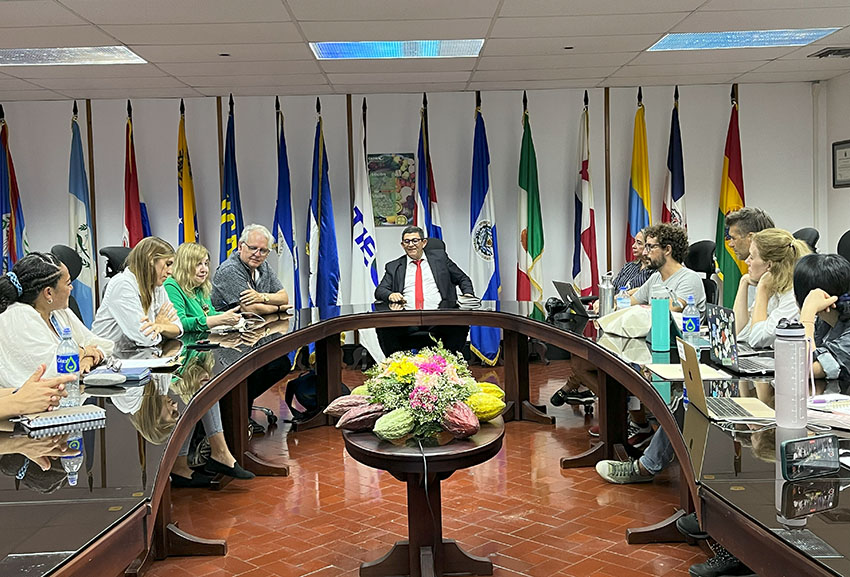
More information:
Adriana Arciniegas-Leal
Researcher
Agroforestry and Coffee and Cocoa Genetic Improvement Unit
CATIE
aleal@catie.ac.cr
Written by:
Kattia Bermúdez Mora
Coordinator
Communications and Marketing Office
CATIE
kattia.bermudez@catie.ac.cr

